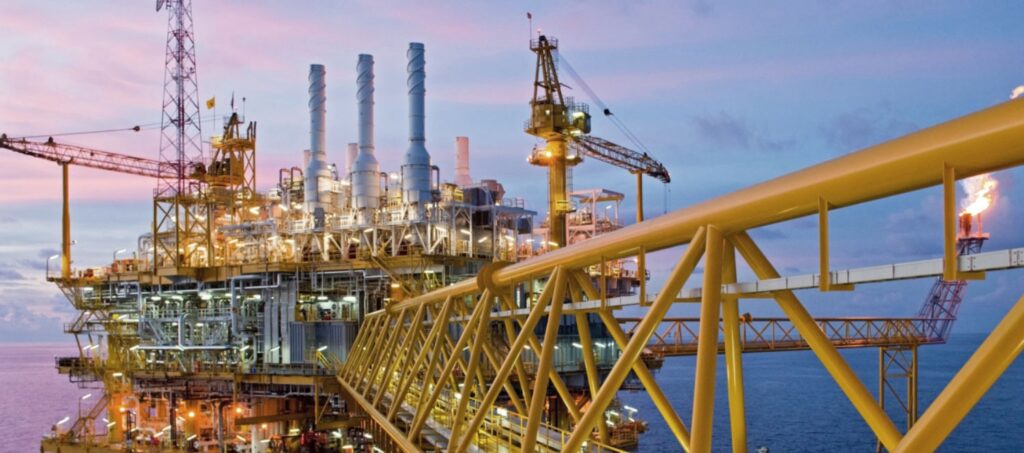
The Integrated Engineering Course in Oil and Gas - The best courses in Istanbul IBC25
The Integrated Engineering Course in Oil and Gas – The best courses in Istanbul IBC25 – 30 days Our Best courses – Istanbul Busıness Center
Table of Contents
Course contents – Course in Oil and Gas
| Fundamentals Of Oil And Gas Industry | The First Week |
| Instrumentation And Control System | Second Week |
| Process Measurement & Control Technology | The Third Week |
| Safety Instrumentation System (Sis) | Fourth Week |
– A field visit to the site of one of the oil and gas companies in Türkiye.
Fundamentals Of Oil And Gas Industry – The First Week
Course Description – Course in Oil and Gas
This course provides general information about the field of oil and gas. It is intended for new entrants who are not experts in the field, but still need to encounter it. The course explores briefly the life cycle of oil starting from discovery until it is distributed and used. It also explains about the legal issues that may arise during this expensive, yet profitable process.
Course Objectives – Course in Oil and Gas
- Covering the full range of industry activities and issues
- Understanding the petroleum economics
- Getting an overview of oil extraction process
- Determining key issues in field development
- Understanding the oil and gas value chain
Course Details/Schedule -Course in Oil and Gas
Day 1
- Key terminology in Oil and Gas
- Life before the discovery of oil
- The Lifecycle of a Petroleum Field
- Countries rich in oil
- Crude oil properties
- Gas and liquid properties
Day 2
- Locating and discovering oil
- Extracting and processing
- The drilling operations
- Equipment used
- Conventional and unconventional resources
Day 3
- Upstream fiscal terms, production sharing agreements
- Appraisal
- Decommissioning
- Reservoir Depletion Mechanisms
- Reservoir Management
Day 4
- Oil and gas supply chain
- Project planning and managing field developments
- Selling and trading regulations
- Transporting oil and gas
Day 5
- Environmental issues
- Access authority
- Safety of workers
- Sub-surface and above-ground risks and opportunities
- Oil Price Risk Management

Instrumentation And Control System – Second Week
Course Description – Course in Oil and Gas
The control of processes in today’s oil, gas and chemical industries requires and needs accurate knowledge of process conditions and this, in turn, means the accurate measurement of those conditions. Without any measurement, there can be no control and no information as to the state of the process. A greater understanding of the measuring equipment and the instruments can develop and improve the performance of the operator and this, in turn, will improve plant performance. Better knowledge of how equipment is selected, how it is constructed, how it’s work helps an operator to identify the cause of problems and prevent their recurrence Istanbul Busıness Center.
Course Objectives
- Understanding of the principles of operation of a range of sensors and transducers
- Learning about specification and designing of instrumentation systems for pressure, level, temperature and flow
- Identifying problems with instrumentation systems
- Understanding the concepts of Process Control
- Acquiring the knowledge relating to the characteristics and properties of a process variable being measured
- Learning about PID control and developing the ability to ‘tune’ a process control system using PID control
- Getting knowledge of open and closed loop control and examples
- Understanding the difference between manual and automatic control
Course Details/Schedule – Course in Oil and Gas
Day 1
- Introduction and definition of process control
- Reduce Variability, Increase Efficiency, Ensure Safety
- Control Theory Basics
- Components of Control Loops
- Sensor and transducer
- Absolute and relative pressure
- Measurement Units
- Temperature Measurement
- Thermocouple
- Filled system
- Bimetallic element
- Thermometers
Day 2
- Flow Measurement
- Measurement Units
- Flow Meter
- Coriolis Principle
- Head Flow Meters (Venturi Tube, Orifice Plate, Dall Flow Tube, Pitot Tube,)
- Rotameters (Variable Area Flowmeter, Glass Tubes, Metal Tubes)
- Turbine Flowmeters
- Positive displacement flowmeters
- Electromagnetic Flowmeter
- Ultrasonic Flow Equipment
- Vortex Flowmeters
Day 3
- Pressure and Level Measurement
- Level Indicators
- Hydrostatic Drive Meters
- Differential Pressure Gauges
- Radar Level Measurement
- Pressure Process Instruments
- Pressure Switches, Compact temperature switches, Level Switches Structure and Flow switches
- Position Transmitters
- Pressure Relief Valve
- Solenoid Valves
Day 4 – Course in Oil and Gas
- Block Flow Diagram (BFD)
- Process Flow Diagram (PFD)
- Material Balance
- PFD Symbols
- Piping and Instrumentation Diagram (P&ID)
- P&ID Symbols
- Equipment Identification and Abbreviations
- Valve Types and Identification
- Vessels, Pumps, Heat Exchangers andCompressors
- Equipment Identification
Day 5
- Controller Algorithms
- Controller’s Tuning
- Controller Algorithms (Proportional, PI, and PID Control)
- Process Control Loops
- Single Control Loops and Examples
- Control Loops Types
- Multivariable Loops and Examples
- Feedforward Control (Open Control Loop)
- Feedforward Plus Feedback
- Cascade, Ratio and Batch Control
Process Measurement & Control Technology – The Third Week – Course in Oil and Gas
| Process Measurement & Control Technology | The Third Week |
Course Description
The control of processes in today’s oil, gas and chemical industries requires and needs accurate knowledge of process conditions and this, in turn, means the accurate measurement of those conditions. Without any measurement, there can be no control and no information as to the state of the process. A greater understanding of the measuring equipment and the instruments can develop and improve the performance of the operator and this, in turn, will improve plant performance. Better knowledge of how equipment is selected, how it is constructed, how it’s work helps an operator to identify the cause of problems and prevent their recurrence.
Course Objectives – Course in Oil and Gas
- Understanding of the principles of operation of a range of sensors and transducers
- Learning about specification and designing of instrumentation systems for pressure, level, temperature and flow
- Identifying problems with instrumentation systems
- Understanding the concepts of Process Control
- Learning about PID control and developing the ability to ‘tune’ a process control system using PID control
- Understanding the difference between manual and automatic control
- Understanding of SIS safety instrumentation system
- Understanding of metering system
Course Details/Schedule – Course in Oil and Gas
Day 1
- Introduction and definition of process control
- Reduce Variability, Increase Efficiency, Ensure Safety
- Control Theory Basics
- Components of Control Loops
- Sensor and transducer
- Absolute and relative pressure
- Measurement Units
- Temperature Measurement
- Thermocouple
- Filled system
- Bimetallic element
- Thermometers
Day 2
- metering system
- Introduction to metering system
- Flow Measurement
- Measurement Units
- Flow Meter
- Coriolis Principle
- Head Flow Meters (Venturi Tube, Orifice Plate, Dall Flow Tube, Pitot Tube,)
- Rotameters (Variable Area Flowmeter, Glass Tubes, Metal Tubes)
- Turbine Flowmeters
- Positive displacement flowmeters
- Electromagnetic Flowmeter
- Ultrasonic Flow Equipment
- Vortex Flowmeters
Day 3
- Pressure and Level Measurement
- Level Indicators
- Hydrostatic Drive Meters
- Differential Pressure Gauges
- Radar Level Measurement
- Pressure Process Instruments
- Pressure Switches, Compact temperature switches, Level Switches Structure and Flow switches
- Position Transmitters
- Valve Types and Identification
- Pressure Relief Valve
- Solenoid Valves
Day 4
- Controller Algorithms
- Controller’s Tuning
- Controller Algorithms (Proportional, PI, and PID Control)
- Process Control Loops
- Single Control Loops and Examples
- Control Loops Types
- Multivariable Loops and Examples
- Feedforward Control (Open Control Loop)
- Feedforward Plus Feedback
- Cascade, Ratio and Batch Control
Day 5
- What Is a Safety Instrumented System?
- SIS system
- Installation, Commissioning, and Validation
- Operations and Maintenance
- Process Control VS. Safety Control
- Control and Safety Defined
- Separation of Control and Safety Systems
- Common Cause and Systematic /Functional Failures
- Protection Layers
- Alarm Systems
- Shutdown/Interlock/Instrumented Systems (Safety Instrumented Systems – SIS)
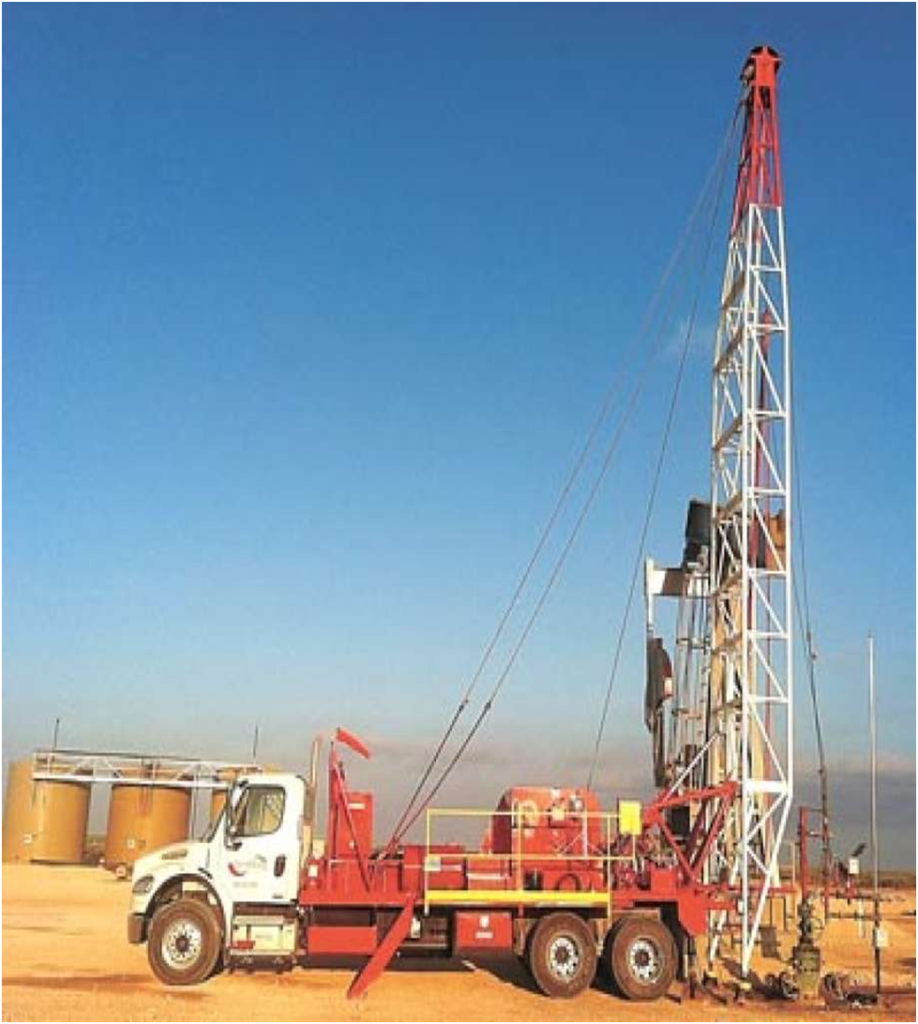
Safety Instrumentation System (Sis) – Fourth Week – Course in Oil and Gas
| Safety Instrumentation System (Sis) | Fourth Week |
Course Description – Course in Oil and Gas
This 5-day course focuses on the management, planning and execution of automatic safety systems in accordance with IEC 61511, the newly released international standard for process industry safety controls. Participants will be able to create a checklist that they can use to quickly assess if the plant complies with the latest international safety standards. They will walk away with a solid fundamental knowledge of IEC 61511 and IEC 61508 which you can apply immediately to your plant.
Course Objectives – Course in Oil and Gas
- Comply with the IEC 61511 and IEC 61508 standards
- Get a practical understanding of the key sections of IEC 61511 and 61508
- Be able to configure safety systems to minimize or avoid spurious trips and create the potential to reduce production losses
- Know what can be done and what should not be done with PLC’s and smart sensors
- Know how to take advantage of smart positioners and other self-testing devices
- Have overall knowledge of the key design and procedural requirements of IEC 61511
- Know how to set up function safety management procedures to meet international standards
Who Should Attend?
- Instrumentation and control engineers and technicians
- Design, installation and maintenance engineers and technicians in the process industries
- Process operation stuff.
- Engineering firms
- System integrators
- System consultants
Course Details/Schedule – Course in Oil and Gas
Day 1
- What Is a Safety Instrumented System?
- What is instrumentation control system?
- Confusion in the Industry
- Technology Choices
- Redundancy Choices
- Field Devices
- Industry Guidelines, Standards, and Regulations
- IEC 61508, 9
- IEC 61511
Day 2 – Course in Oil and Gas
- Design Lifescycle
- Findings of the HSE
- Hazard & Risk Analysis
- Allocation of Safety Functions to Protective Layers
- Develop Safety Requirements Specification
- SIS Design & Engineering
- Installation, Commissioning, and Validation
- Operations and Maintenance
- Modifications
- Process Control VS. Safety Control
- Control and Safety Defined
- Separation of Control and Safety Systems
- Common Cause and Systematic /Functional Failures
Day 3 – Course in Oil and Gas
- Protection Layers
- Prevention Layers
- Process Plant Design
- Process Control System
- Alarm Systems
- Pressure Relief Device
- Procedures
- Shutdown/Interlock/Instrumented Systems (Safety Instrumented Systems – SIS)
- Physical Protection
- Mitigation Layers
- Containment Systems
- Scrubbers and Flares
- Fire and Gas (F&G) Systems
Day 4 – Course in Oil and Gas
- Developing the Safety Requirement Specifications
- Accidents Caused by Incorrect Specifications
- Management Systems
- Procedures
- Scheduling of Assessment
- Participation of Key Personnel in the Review Process
- Training and Tools
- IEC 61511Requirements
- Determining the Safety Integrity Level (SIL)
- Who’s Responsible?
- Which Technique?
- Common Issues
- Evaluating Risk
- Safety Integrity Levels
- Choosing a Technology
Day 5
- Initial System Evaluation
- Why Systems Should be Analyzed Before They’re Built
- Failure Modes
- Field Devices
- Fault Tolerance Requirements
- Engineering Tools Available for Analyzing System Performance
- Issues Relating to Field Devices
- Importance of Field Devices
- Sensors
- Final Elements
- Redundancy
- Design Requirements for Field Devices
- Functional Testing
Social media platforms of the Istanbul Business Center for Training and Consulting – Course in Oil and Gas
Please follow us on our social media platforms to receive everything new about our training programmers , professional courses and specialized workshops presented in Arabic or English according to your request and in accordance with the training plan for the current and next year, God willing, and with certificates accredited and recognized internationally and locally:
- Istanbul Business Center YouTube channel
- Our page on Tiktok.
- Our page on LinkedIn
- Our website is in Arabic.
- Our website is in English.
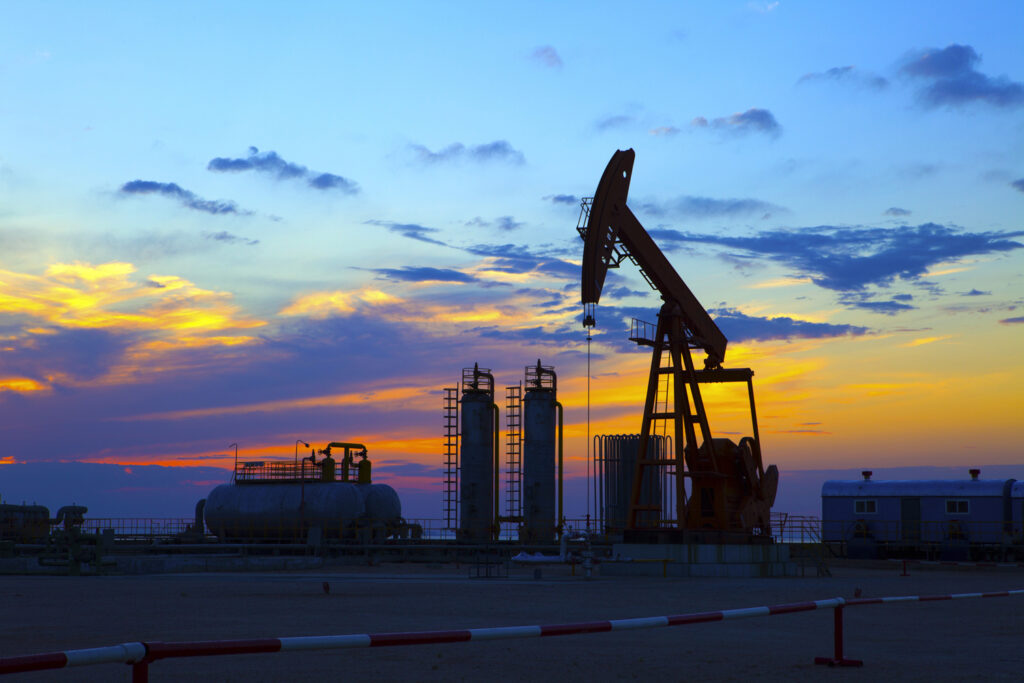
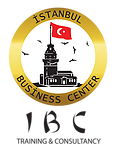
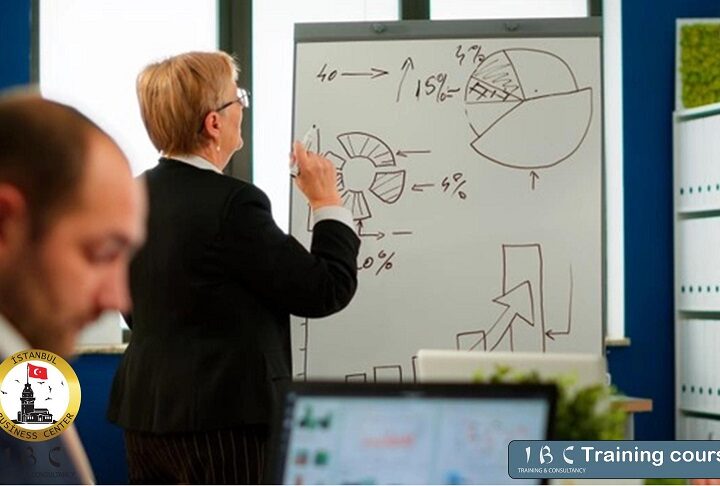 Logistics & Material Management – The best courses in Istanbul IBC40
Logistics & Material Management – The best courses in Istanbul IBC40 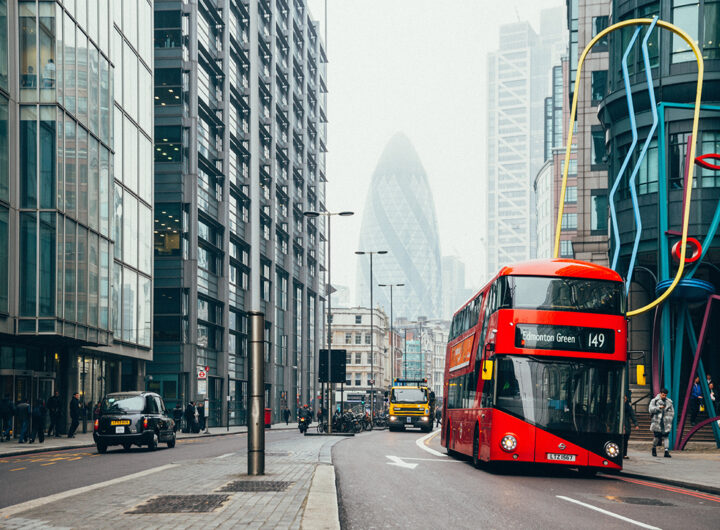 Warehousing And Materials Management – The Best 45-Training Course Istanbul
Warehousing And Materials Management – The Best 45-Training Course Istanbul  Purchasing and Materials Management – The Best 10-Day Training Course
Purchasing and Materials Management – The Best 10-Day Training Course 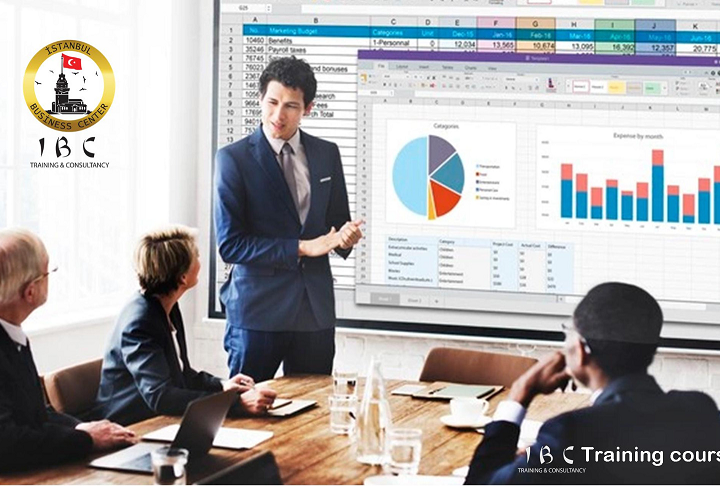 Finance for Non-Finance Professionals – Our Best courses 30
Finance for Non-Finance Professionals – Our Best courses 30 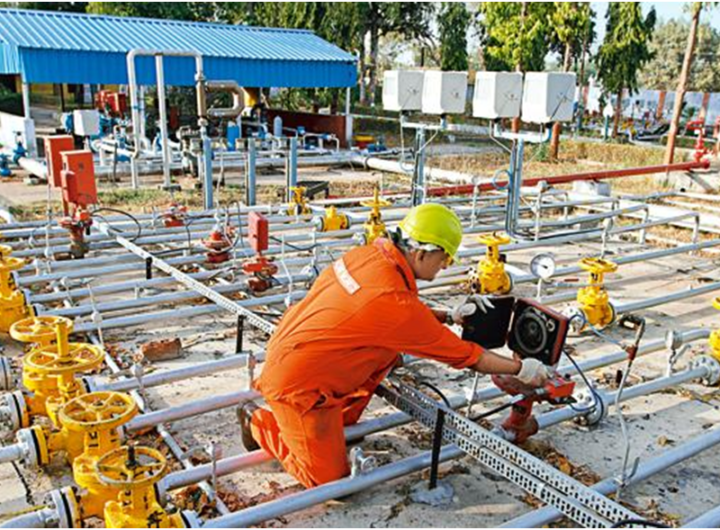 Petroleum Project Economics, Risks & Uncertainties – The Best Workshop 5 days
Petroleum Project Economics, Risks & Uncertainties – The Best Workshop 5 days 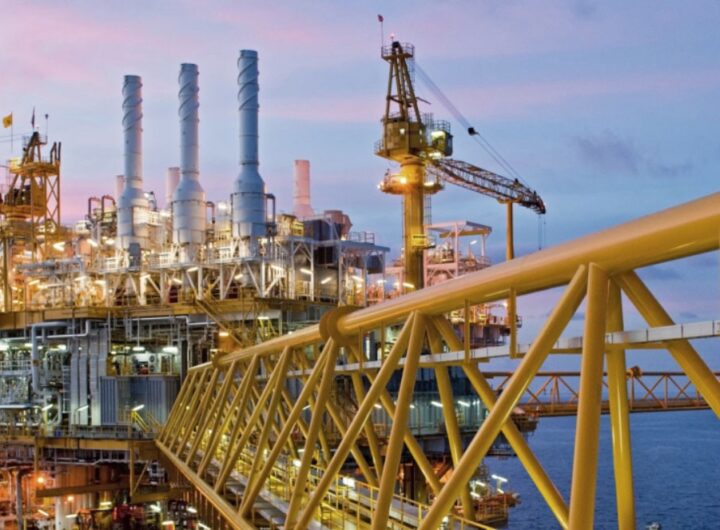 The Integrated Engineering Course in Oil and Gas – The best courses in Istanbul IBC25
The Integrated Engineering Course in Oil and Gas – The best courses in Istanbul IBC25